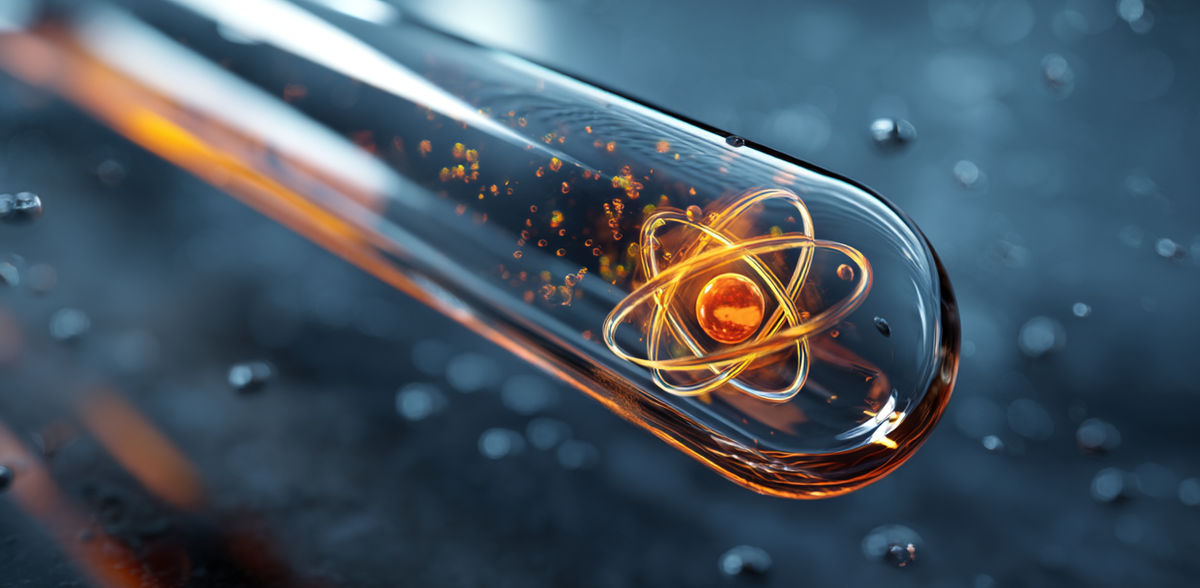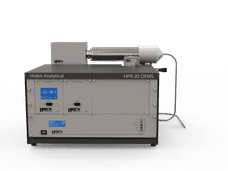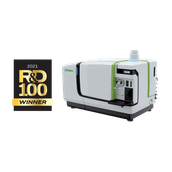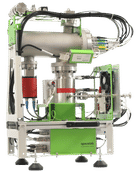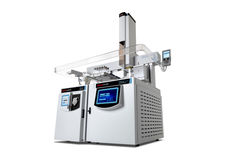The smallest test tube in the world
Prof. Dr. Helmut Schwarz receives the "BBVA Foundation Frontiers of Knowledge Award"
Advertisement
Prof. Dr. Helmut Schwarz, Emeritus Professor at TU Berlin, was awarded the 17th BBVA Foundation Frontiers of Knowledge Award in Basic Sciences, together with Prof. Dr. Avelino Corma (Universitat Politècnica de València-CSIC, Spain) and Prof. Dr. John F. Hartwig (University of California, Berkeley, USA). According to the award committee, their fundamental advances in the field of catalysis have contributed to "controlling and accelerating chemical reactions", which "improves efficiency and reduces energy consumption" in industrial production. The high-caliber jury, chaired by Nobel Prize winner Prof. Dr. Theodor Hänsch, was able to choose from 94 nominations. The prize is awarded by the BBVA Group Foundation, a global financial services group headquartered in Spain. It is endowed with 400,000 euros.
"My contribution is unusual in many respects," says Helmut Schwarz, "because I was mainly involved in basic research, but used quite unorthodox methods." The combination of advanced experiments and modern computer-aided tools enabled him to decipher chemical reactions atom by atom with a previously unattainable level of detail. "In most cases, millions of atoms are involved in a reaction. But what we really need to know is which of them actually do the work."
Key to the sensible use of greenhouse gases
Methane, for example, is known to be very inert, but why it is so difficult to activate remains one of the big unanswered questions in chemistry. "Millions of tons of methane are released into the atmosphere every year; it is a significant greenhouse gas. So the question is: can't we find a sensible use for it?" The key lies in discovering a way to selectively split its carbon-hydrogen bond - a fundamental problem in chemistry that Schwarz researched using the methods of catalysis.
The smallest test tube in the world
The means of isolating individual atoms in order to observe their individual behavior was provided by the mass spectrometer - an instrument that is over 100 years old, but had never been used for this purpose before. "The mass spectrometer gives us a microscopic view of details that remain hidden when looking at the average behavior of millions of atoms. It's the smallest test tube in the world."
Industrial application of basic research
Despite his basic scientific approach, Schwarz's discoveries have changed important industrial processes. For example, he was able to optimize a process that produces a compound of hydrogen, carbon and nitrogen, which is used in numerous industrial applications. In this method, the reaction of methane with ammonia is mediated by a catalyst. However, the resulting carbon by-product contaminated the catalyst and ultimately rendered it inoperable. Helmut Schwarz was able to uncover crucial details of the reaction and suggest a modification to the catalyst to prevent the formation of soot.
TU Berlin as a hotspot for catalysis research
"With his research, Helmut Schwarz made a decisive contribution to making TU Berlin an internationally renowned hotspot for catalysis research," explains Prof. Dr. Geraldine Rauch, President of TU Berlin, who nominated Helmut Schwarz for the BBVA Foundation Frontiers of Knowledge Award. "With our current UniSysCat Cluster of Excellence, for which TU Berlin is the applicant university, we can further expand this position. We are paying particular attention to the transfer of technology from basic research to industry."
The award will be presented to Helmut Schwarz on June 19 in Bilbao, Spain.
Note: This article has been translated using a computer system without human intervention. LUMITOS offers these automatic translations to present a wider range of current news. Since this article has been translated with automatic translation, it is possible that it contains errors in vocabulary, syntax or grammar. The original article in German can be found here.
Other news from the department science
These products might interest you
Most read news
More news from our other portals
See the theme worlds for related content
Topic World Mass Spectrometry
Mass spectrometry enables us to detect and identify molecules and reveal their structure. Whether in chemistry, biochemistry or forensics - mass spectrometry opens up unexpected insights into the composition of our world. Immerse yourself in the fascinating world of mass spectrometry!

Topic World Mass Spectrometry
Mass spectrometry enables us to detect and identify molecules and reveal their structure. Whether in chemistry, biochemistry or forensics - mass spectrometry opens up unexpected insights into the composition of our world. Immerse yourself in the fascinating world of mass spectrometry!
